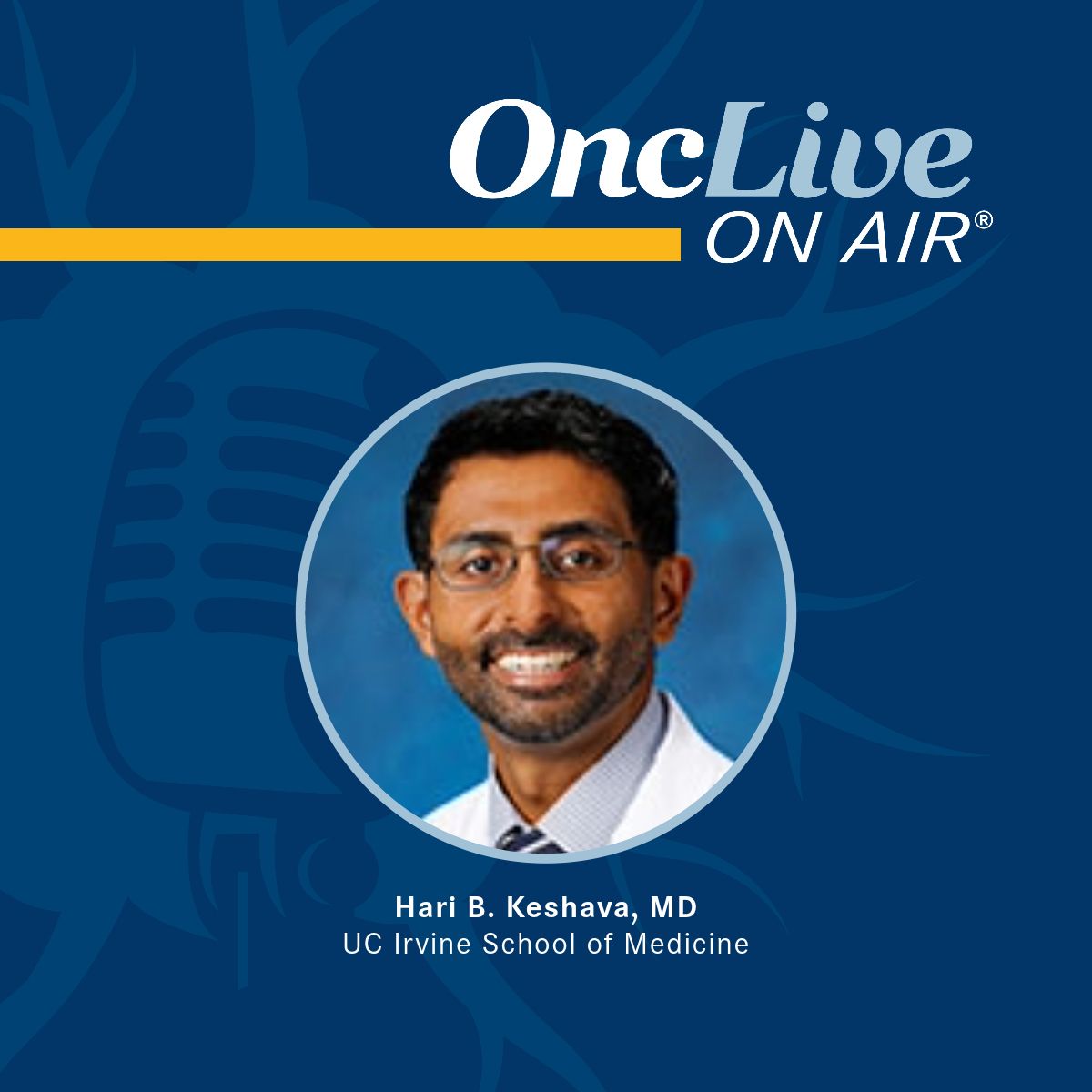Commentary
Video
Dr Vallieres on the Role of Induction Therapy on Surgical Candidacy in Lung Cancer
Author(s):
Eric Vallieres, MD, FRCSC, discusses the impact of induction therapy on surgical candidacy and operative complexity in patients with thoracic malignancies.
Eric Vallieres, MD, FRCSC, medical director, Division of Thoracic Surgery, Swedish Medical Center, discusses key considerations for determining candidacy for surgery in patients with lung cancer undergoing induction therapy.
Vallieres notes that the primary consideration revolves around a patient's continued suitability for surgical intervention following induction therapy. A critical aspect is assessing whether the extent of the disease remains amenable to surgical resection, he continues.
In general, surgical decisions should be made prior to the start of induction therapy, Vallieres explains; however, factors can change for some patients during the course of induction therapy. Vallieres notes that a subset of patients undergoing induction therapy may experience disease progression, rendering them unsuitable for surgery. However, with the available data from neoadjuvant chemoimmunotherapy, the proportion of patients who progress during induction therapy is small, Vallieres emphasizes.
Additionally, adverse effects arising from induction therapy, although infrequent, can potentially contraindicate surgical intervention due to compromised medical fitness, he continues. These factors underscore the necessity for thorough pre-treatment assessments to ascertain surgical candidacy and anticipate potential impediments to surgery, Vallieres explained.
Vallieres also addresses the variability in surgical complexity following induction therapy. Contrary to conventional assumptions, the notion that surgery may be more challenging post–induction therapy is not universally applicable, he explains. Induction therapy—with chemotherapy alone, chemoimmunotherapy, or chemoradiation—will not necessarily complicate the surgical procedure, he notes, adding that current imaging cannot fully assess the potential difficulty of surgery.
Conversely, Vallieres acknowledges that patients who present with bulky nodal disease up-front could require a more difficult surgery. However, this will not always be the case, he concludes.









